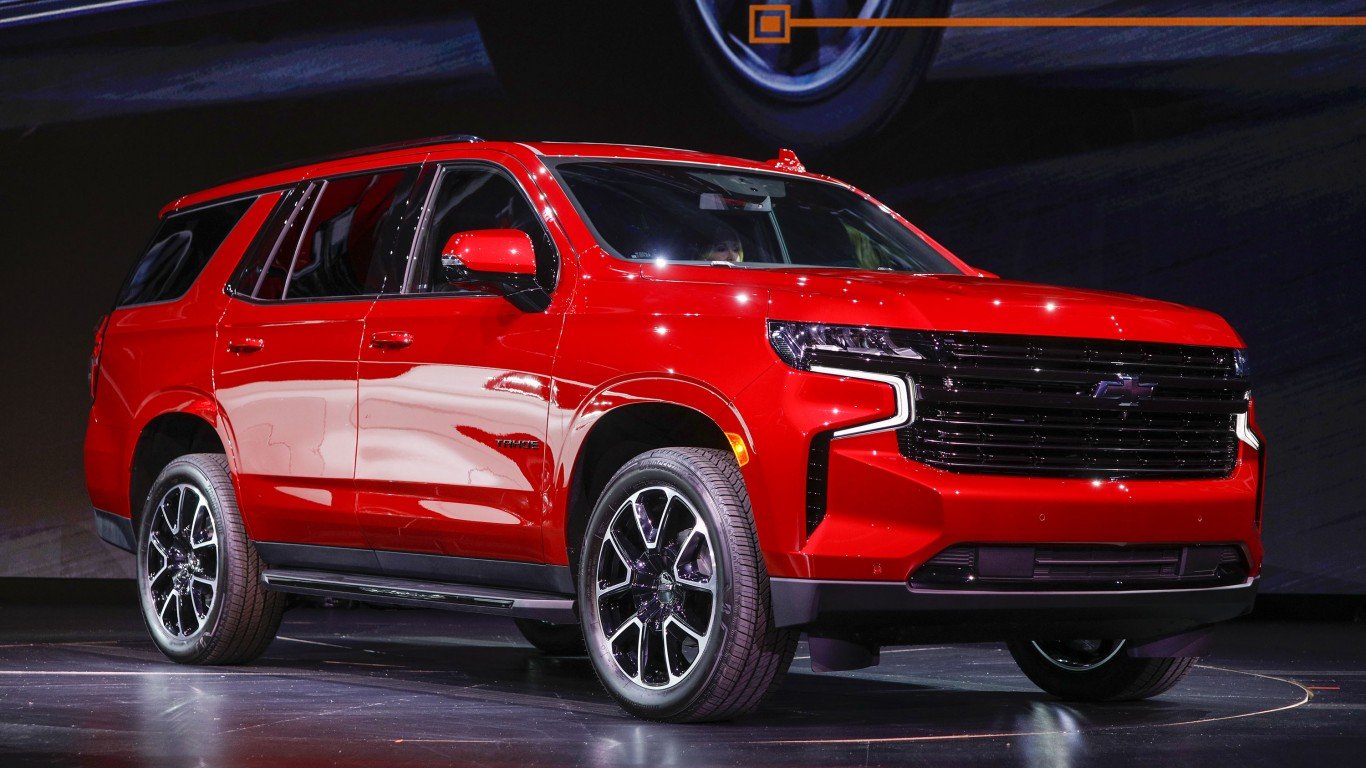

All told, U.S. consumers bought 1.64 million new cars and light trucks in December, making the month the second-best for sales for the entire year. The seasonally adjusted annual rate (SAAR) of sales climbed to 17.72 million, its highest level of the year. Actual sales in 2018 totaled 17.33 million new cars and light trucks, the fourth-highest annual level ever.
The U.S. automakers known as the Detroit Three posted mixed results. Ford Motor Co. (NYSE: F) reported December sales down 8.8% year over year and 2018 annual sales down 3.5% from a year ago. General Motors Co. (NYSE: GM) reported annual sales down 1.6% and December sales down 2.7% year over year. Fiat Chrysler Automobiles N.V. (NYSE: FCAU) posted a year-over-year gain in both December (14.0%) and for the full year (8.5%).
Cox Automotive’s chief economist, Jonathan Smoke, attributed the year’s robust sales primarily to the tax cut of December 2017: “The key positive factor was stimulated demand from tax reform, which strengthened retail demand as the year progressed and also enabled strong gains in fleet sales.”
Smoke went on: “Retail demand marginally declined in 2018, but it would have declined more had tax reform not boosted take-home pay and consumer disposable income. … [2018’s sales strength] is not likely to be repeated in 2019.”
The year-over-year percentage sales decline in December is higher than the annual decline for both Ford and GM. That suggests that the market for new vehicles is getting weaker. Annual passenger car sales have dropped from 43% of new vehicles sold in 2015 to 30% in 2018. For the Detroit automakers, passenger car sales accounted for less than 20% of 2018 sales.
So what can investors expect from the Detroit Three going into 2019? Here’s a look at the numbers.
Ford stock closed 2018 at $7.65 a share, in a 52-week range of $7.41 to $13.48. On the last trading day of the year, the consensus 12-month price target on the stock was $10.02, implying an upside of 31%. Adding in a dividend yield of 7.6%, Ford’s expected total return for 2019 comes in at 38.6%. Is that realistic for a stock that saw its share price drop by 38% in 2018?
GM closed out 2018 with a share price of $33.45, in a 52-week range of $30.56 to $45.52. The 12-month price target was $45.09, implying upside of 34.8%. Including a dividend yield of 4.5%, GM’s expected total return for the year is 39.3%. But the stock dropped 18.4% in 2018.
Fiat Chrysler closed 2018 with a share price of $14.46. Like the other automakers, it was closer to the bottom of its 52-week range of $14.06 to $24.95 than to the top. The price target on the stock is a whopping $25.43, which implies upside of 76%. The company does not pay a dividend. FCA’s share price dropped 18.9% in 2018.
Looking at economic conditions and forecasts for 2019 leaves plenty of room for doubt that the Detroit Three’s price targets are going to last much longer. The new vehicle sales projection for 2019 is considerably weaker than 2018’s final figures. According to Automotive News, actual sales are forecast in a range of 16.8 million to 17.0 million new vehicles sold. Sales have topped 17 million every year since 2014.
New vehicle prices rose by about 3% last year to average more than $36,000. Higher interest rates for auto loans and swelling inventories of used vehicles also don’t help automakers in 2019. On the plus side, demand for light trucks remains strong, more Americans are working, economic growth continues although the pace of growth is slowing, and gasoline prices have been very low, although that too may be reversing sooner rather than later.
On balance, new vehicle sales face more headwinds than tailwinds for 2019. The question investors need to answer is whether these stocks are undervalued. It doesn’t look like it from here.
Sponsored: Find a Qualified Financial Advisor
Finding a qualified financial advisor doesn’t have to be hard. SmartAsset’s free tool matches you with up to 3 fiduciary financial advisors in your area in 5 minutes. Each advisor has been vetted by SmartAsset and is held to a fiduciary standard to act in your best interests. If you’re ready to be matched with local advisors that can help you achieve your financial goals, get started now.
Thank you for reading! Have some feedback for us?
Contact the 24/7 Wall St. editorial team.



